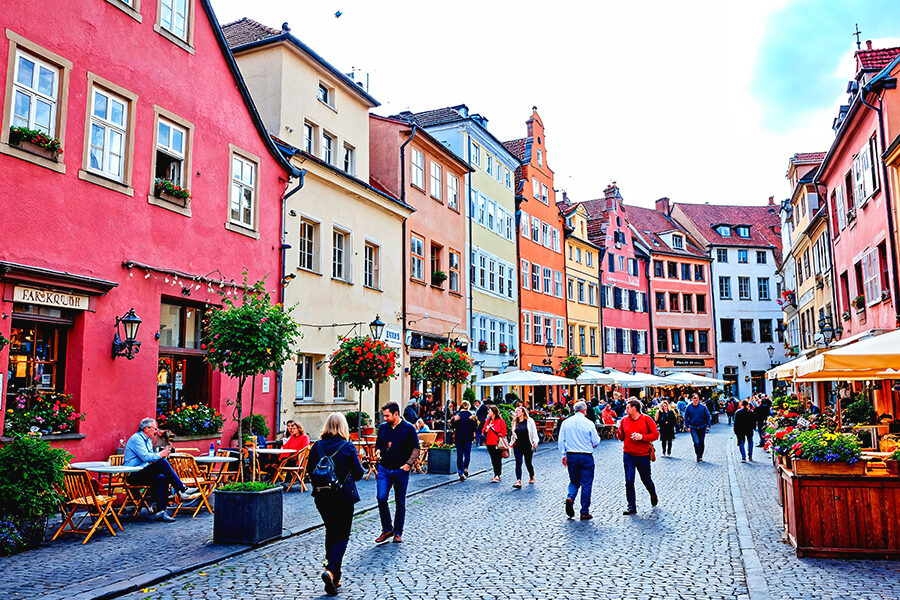
Studying in the Denmark
Denmark offers a unique blend of high-quality education, innovative teaching methods, and a high standard of living, making it an attractive destination for international students, including those from Bangladesh. Here's an overview for those considering studying in Denmark.
Why Choose Denmark for Higher Education?
Globally recognized universities with strong academic reputations.
A focus on creativity, critical thinking, and a student-centered learning approach.
Safe, inclusive, and culturally vibrant environment.
Cost of Education
Costs can be significant but vary widely by program and institution:
- Undergraduate Degrees: €8,000 to €15,000 per year.
- Postgraduate Degrees: €10,000 to €16,000 per year.
Popular Programs Among International Students
Many international students gravitate towards fields with strong job prospects:
- Engineering and Technology: Renewable energy, information technology, and biotechnology.
- Business and Management: International business and entrepreneurship.
- Design and Architecture: Rich design heritage offering unique educational opportunities.
- Environmental Science: Leading programs focused on sustainability.






Estimated Monthly Living Expenses
Monthly living costs can include:
- Accommodation: €300 to €600
- Utilities: €100
- Internet and Mobile: €30
- Groceries and Food: €200 to €300
- Transportation: €40
- Health Insurance: €50
- Entertainment: €100
Scholarship Opportunities
International students can take advantage of various scholarships:
For highly qualified non-EU/EEA students covering tuition and living expenses.
Grants for students from partner countries.
Visa Requirements
To study in Denmark, international students must obtain a Study Permit, which requires:
- Acceptance Letter: Admission from a Danish university.
- Financial Proof: Evidence of funds for tuition and living expenses.
- English Proficiency: Valid IELTS or TOEFL scores.
- Health Insurance: Evidence of valid coverage.
Post-Study Work Opportunities
Job-Seeking Period: Up to six months for international graduates to find employment.
Positive List Scheme: Allows graduates with skills in shortage occupations to apply for work permits.
Recent Trends and Considerations
Growing job opportunities in renewable energy and biotechnology.
Strong emphasis on work-life balance and employee welfare in the job market.
Despite the relatively high cost of living, Denmark offers a rich and rewarding educational experience along with various career opportunities. Its commitment to sustainability, innovation, and student welfare makes it an appealing destination for international students, particularly those seeking a holistic learning and living experience.


